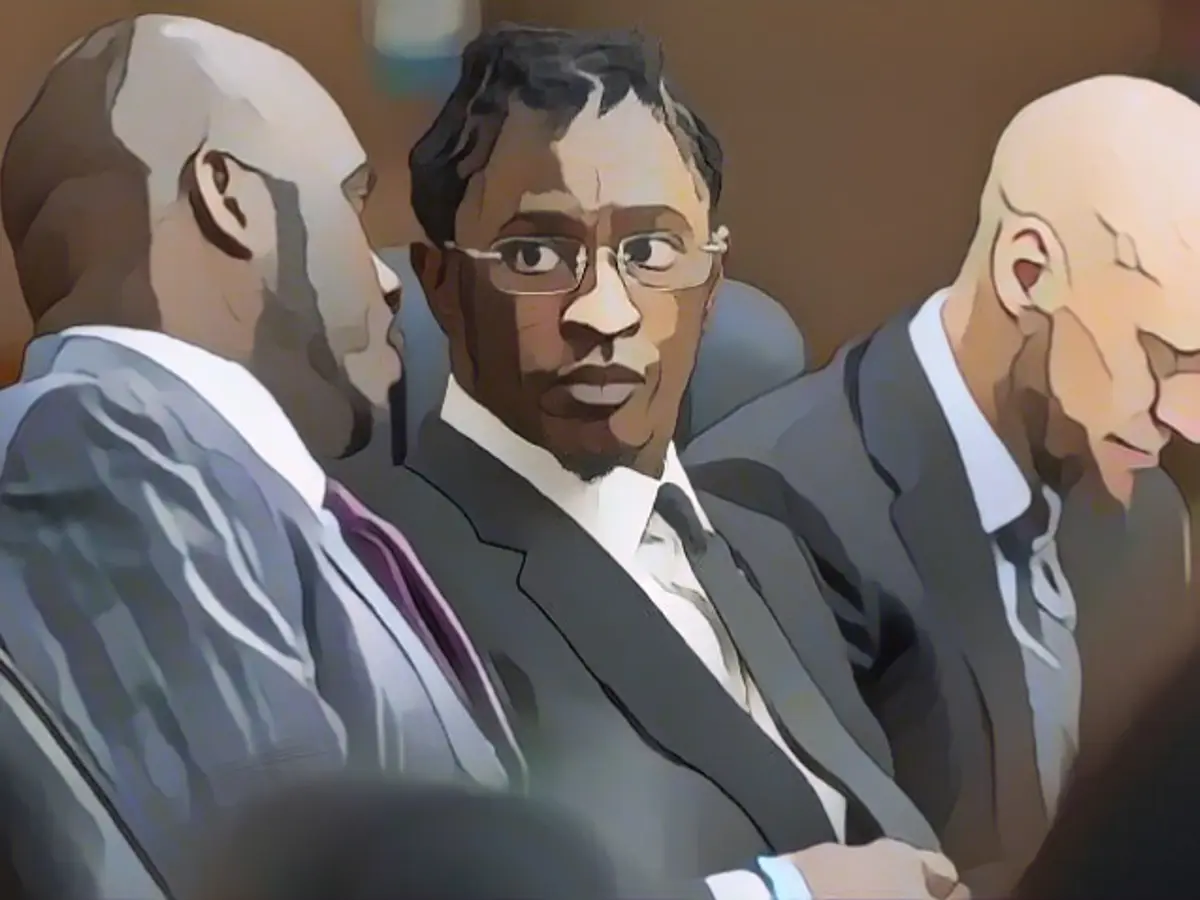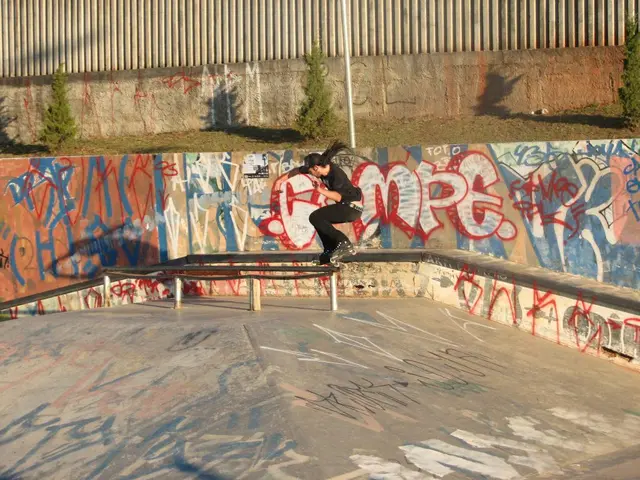In a case that has stirred up a storm, Fanny Willis filed a controversial RICO lawsuit, but this defendant isn't Donald Trump. Instead, the focus is on Jeffery Lamar Williams, better known as rapper Young Thug. He's accused of co-founding a street gang connected to the Bloods, responsible for crimes over a decade ago. Prosecutors argue that "YSL" stands for two different things: Young Stoner Life Records, the rapper's Grammy-winning label, and Young Slime Life, an Atlanta-based street gang.
Young Thug, along with numerous other defendants, denies the allegations and was charged under the Racketeer Influenced and Corrupt Organizations Act in Georgia. To establish a conspiracy, prosecutors must present evidence proving that members participated in and conspired with suspected criminal behavior. In this case, Judge Ural Glanville of the Fulton County Superior Court gave the green light to use 17 of Young Thug's lyrics as evidence. Some lines, like "I'm the perfect leader... I'm the boss, I make the decisions," could pose a risk to freedom of speech and artistic innovation.
This case has sparked debates on the use of rap lyrics as evidence in court, raising concerns about the intersection of race, law, and popular culture. People might view the use of these lyrics as overzealous evidence gathering by prosecutors, especially in rap music cases. Addressing this issue, judges usually deem evidence relevant if it has a reasonable possibility of influencing a fact at hand. However, if the value of the evidence outweighs the risk of unfairly impacting the defendant or influencing the jury inappropriately, the evidence can be excluded. It's crucial to remember that character evidence cannot be used to establish that the defendant acted in a manner consistent with their character trait.
The Young Thug case raises questions about applicability of these rules in rap music cases. Lower standards for classifying rap lyrics as evidence versus other music genres may be prejudicial against rap artists. Research shows that rap lyrics are perceived as more offensive and relevant in their context compared to other genres, which can have an undue influence on juries when used as evidence.
An example of this impact on public perception comes from the case of Nancy Crampton-Brophy, a 71-year-old author who wrote a "How to Murder Your Husband" article before eventually murdering her husband. The court did not admit the article as evidence due to being written years earlier in a writing workshop. However, would a rapper with a provocative song about committing violent crime have received the same ethical treatment?
The ambiguity in courtroom procedures often leaves room for interpretation. The Supreme Court has not clearly defined conditions for deeming a written threat as evidence in court, which makes prosecutors and judges responsible for deciding how to handle evidence in each case. Some states, like California, have adopted guidelines to balance the importance of evidence against the risk of unfairly impacting the defendant, and this could be a solution for rap music cases.
Artists, including rappers, have the right to due process and constitutional protections. While being the leader of a large criminal enterprise across multiple states, if found guilty, Young Thug should be held accountable. Prosecutors and judges should ensure they're using the right evidence to do so, or altogether, someone may pay the price for their art.







